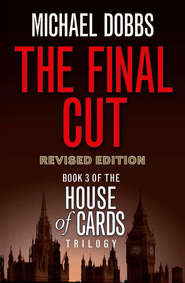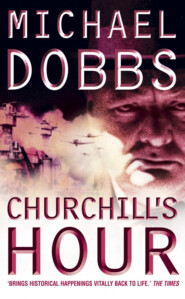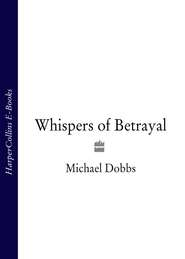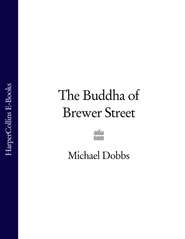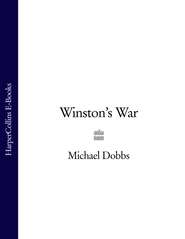По всем вопросам обращайтесь на: info@litportal.ru
(©) 2003-2025.
✖
To Play the King
Автор
Год написания книги
2019
Настройки чтения
Размер шрифта
Высота строк
Поля
Mycroft was trembling once again. It wasn’t just the prospect of going back out alone onto the cold streets again, perhaps finding the tart waiting to accost him, or returning home to an empty house. It wasn’t just the fact that this was the first time for years someone had been interested in him as a person, rather than as someone who was close to the King. It wasn’t even that he felt warmed by Kenny’s easy smile and already felt better than he had done all week. It was the fact that, however much he tried to hide from it or explain it away, he wanted to get to know Kenny very much better. Very much better indeed.
CHAPTER NINE (#ulink_305010b8-fcb0-5d2e-ad9d-8d6947c5e724)
His royal mind progresses by a series of afterthoughts. He treads the tightrope that stretches between the Constitution and his conscience with the blinding sense of purpose of a pilchard.
The two men were walking around the lake, one dressed warmly in hacking jacket and gumboots while the other shivered inside his cashmere overcoat and struggled to prevent his hand-stitched leather shoes slipping in the damp grass. Near at hand a domestic tractor was ploughing up a substantial section of plush lawn marked off inside guide ropes while, beyond, a pair of workmen manoeuvred saplings and young trees into holes which further disfigured the once gracious lawn, already scarred by the tyre marks of earth-moving equipment. The effect was to spread dark winter mud everywhere, and even the enthusiasm of the King couldn’t persuade Urquhart that the gardens of Buckingham Palace would ever recover their former glories.
The King had suggested the walk. At the start of their first weekly audience to discuss matters of state, the King had clasped Urquhart with both hands and thanked him fervently for the decision on the Westminster Abbey site, announced that morning, which had been hailed as a triumph by heritage groups as vehemently as it had been attacked by the luminaries of the architects’ profession. But as Urquhart had concluded at Cabinet Committee, how many votes had the architects? The King inclined to the view that his intervention had probably been helpful, perhaps even crucial, and Urquhart chose not to disillusion him. Prime Ministers were constantly surrounded by the complaints of the disappointed and it made a refreshing change to be greeted with genuine, unaffected enthusiasm.
The King was ebullient and, in the characteristically Spartan fashion that often made him oblivious to the discomfort of others, had insisted on showing Urquhart the work which had begun to transform the Palace gardens. ‘So many acres of barren, closely cropped lawn, Mr Urquhart, with not a nesting-place in sight. I want this to be made a sanctuary right in the heart of the city, to recreate the natural habitat of London before we smothered it in concrete.’
Urquhart was picking his way carefully around the freshly ploughed turf, trying unsuccessfully to avoid the cloying earth and divots while the King enthused about the muddy tract. ‘Here, this is where I want the wild-flower garden. I’ll sow it myself. You can’t imagine what a sense of fulfilment it gives me, dragging around a bucket of earth or manhandling a tree.’
Urquhart decided it would be ill-mannered to mention that the last recorded instance of someone with such an upbringing manhandling a tree had been the King’s distant ancestor, George III, who in a fit of clinical madness had descended from his coach in Windsor Great Park and knighted an oak. He also lost the American colonies, and had eventually been locked away.
Вы ознакомились с фрагментом книги.
Приобретайте полный текст книги у нашего партнера:
Приобретайте полный текст книги у нашего партнера:






